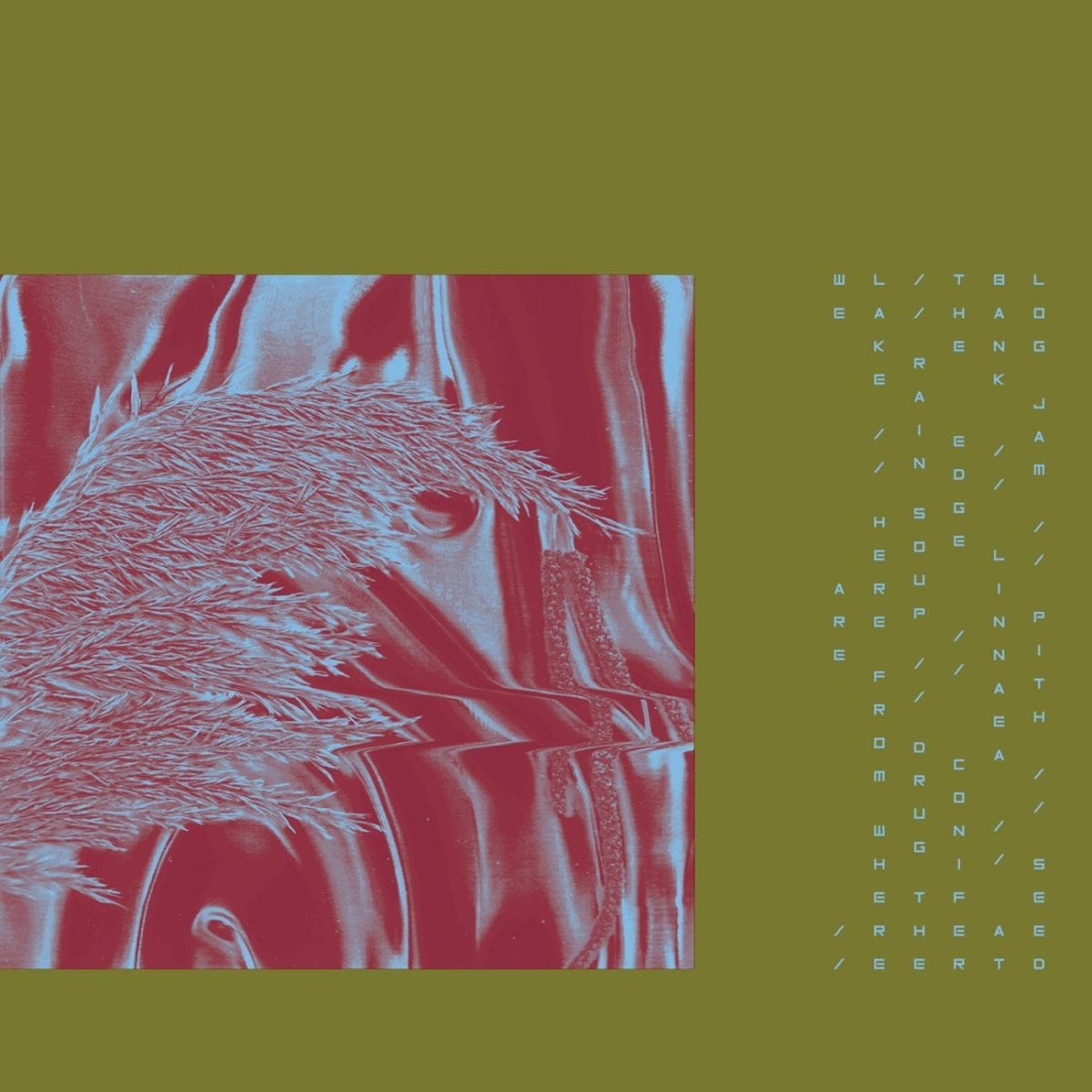
Enough has been written about the history and meaning of the term ‘ambient’ over the past year, let alone the past decade. It’s a phrase and a category that’s gradually lost its meaning the more it’s been casually thrown around in every track premiere and press release. Like most genre classifications, it’s an amorphous concept based on a shifting and subjective set of musical signifiers: and, like most genre classifications, it’s as lazy as it is journalistically useful. Like the music it refers to, the phrase has indistinct boundaries. At this point, it’s probably acceptable to claim anything as “ambient” that’s vaguely electronic but lacks recognisable drum patterns which might suggest otherwise. Anything remotely free-form in its structure. Anything even slightly dreamlike or ethereal. Anything played at a spa or massage parlour.
Of course, these are sufficient conditions, not necessary ones. The boundaries of the concept have grown so porous that it now feels easier to define it by what it’s not: and as a result, the term is often applied haphazardly to any music that simply lacks the easily recognisable templates of other genres. This means that often, the most original, daring, experimental music is bound together under a term that dilutes its individuality and implies a homogeneity that isn’t there. The variety in music has exploded over the past thirty years, but our vocabulary seemingly hasn’t caught up.
On that note, then, I would start by stating that – despite the temptation of such swift and efficient categorisation – I am not going to describe Arthur Cayzer’s latest record as Pariah as his “ambient record”. My hesitance to portray it as such stems from a refusal to imply an absence of imagination, a followed trend, an outline coloured in. This record is none of those. It’s a richly textural, densely organic album, an absorbing venture into a sonic biosphere formed from the sounds of living matter. A record made with machines but spiritually rooted in the primeval muck from which we emerged.

"Here From Where We Are is a richly textural, densely organic album, an absorbing venture into a sonic biosphere formed from the sounds of living matter. A record made with machines but spiritually rooted in the primeval muck from which we emerged."
Lakes, rivers, seeds and rain: the track titles alone place the listener in a living environment, a sense only enhanced by the degenerate sonic design, a beautiful mess of subtle distortion and decrepitude, opaquely textured and asymmetric, gorgeously imperfect. There’s a distinctive sonic footprint here that feels like a logical extension of the textures and mood Cayzer first explored on his 2012 EP ‘Rift’: though that record seemed to inhabit an industrial space, as opposed to the lush naturalism of his latest, they both share a kind of haunting otherness, a surreal tinge that marks them out as truly unique. Yes, I hear you protesting: there are no drum samples. There are gentle washes of heavenly sound that are undeniably soothing. But this is more than the latest addition to Spotify’s Ambient Chill playlist. It’s abstract synthesizer music, it’s impressionist art.
Opener ‘Log Jam’ lays down a seething bed of agitated synth tones and mutated flute trills that soon makes way for a widescreen staccato refrain, easily the boldest moment on the record, and strongly reminiscent of Mark McGuire’s work as Emeralds: rich, resonant and overwhelming. ‘Pith’ pivots away from such maximalism and towards a more contemplative note, descending into stillness and layering delicate drones that fold over one another like gentle waves. A church organ filters through the gloom, casting a surreal light. The following tracks gradually build layers of arpeggiated synths, aqueous textures and field recordings that coalesce gracefully, never feeling cluttered or overworked. The instruments sound waterlogged, broken, like there’s moss growing between the circuit boards – not since Jon Hassell & Brian Eno’s “Fourth World, Vol. 1” have I heard sounds that so skilfully evoke a kind of surrealist sonic environment, an aural ecosystem that pulsates with the irregular rhythms of animate life.
Album highlight ‘At The Edge’ provides a mid-record climax, threading tactile textures around an emotive harmonic progression that spirals into chaos, only to return even stronger, smearing thick brushstrokes of noise across the canvas. Some of the record’s best moments appear fleetingly at the end or beginning of tracks, resting places that leave room for weirdly expressive details: the chimes in ‘Rain Soup’, the sounds of insects at the end of ‘Linnaea’. By the time you reach the closer, a kind of coda built from a majestic organ part layered with static and chimes, it’s as if you’ve been sunk into a lake: you feel entirely submerged, the outside world distant and blurred. As if that was the intention, there’s almost a full minute of the sounds of trickling water included right at the record’s end: a moment to collect yourself, to resurface.
‘Here From Where We Are’ is out now via Houndstooth, order a copy from their website.
Photo by Kasia Zacharko
TRACKLIST
A1. Log Jam
A2. Pith
A3. Seed Bank
A4. Linnaea
B1. At The Edge
B2. Conifer
B3. Rain Soup
B4. Drug The Lake
B5. Here From Where We Are
Discover more about Pariah and Houndstooth on Inverted Audio.